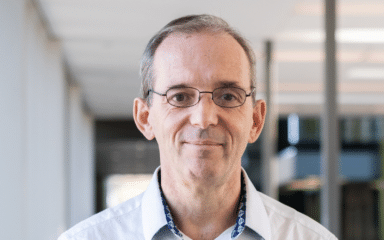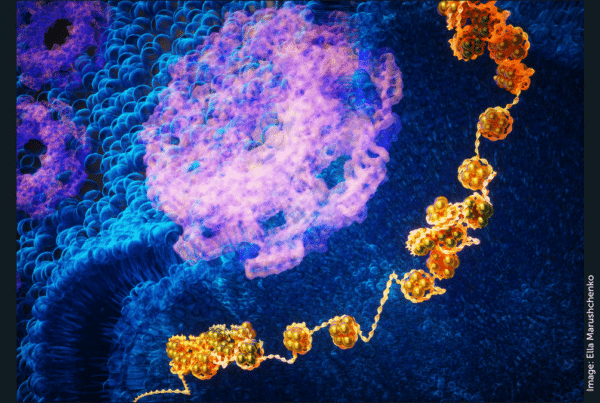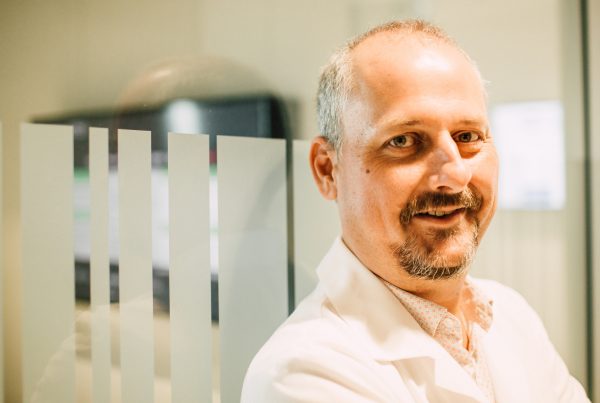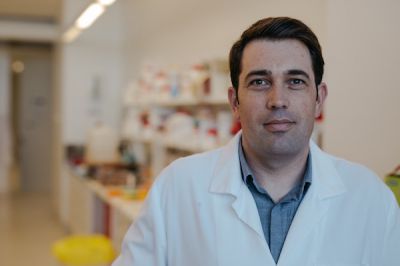Translational oncology research is a branch of cancer research that focuses on turning scientific discoveries in the lab into effective treatments, diagnostics, and prevention strategies for cancer patients. It connects basic research (like studies on cancer cells, genes, and biomarkers) with clinical applications.
Key Aspects:
- “Bench to bedside” approach: Lab findings are rapidly developed into clinical trials or therapies.
- Patient-focused: Real-world patient data and experiences help refine research goals and improve outcomes.
- Cross-disciplinary: Combines biology, genetics, pharmacology, and clinical medicine.
How It Benefits People:
- Faster access to new treatments: Speeds up the time it takes for discoveries to become usable therapies.
- Personalised cancer care: Helps create targeted therapies based on individual tumour characteristics.
- Improved early detection and diagnosis: Leads to more accurate and earlier diagnosis using biomarkers and imaging.
- Better outcomes and quality of life: Enables more effective and less toxic treatments.
Translational oncology research helps bridge the gap between science and patient care, leading to faster, more effective, and more personalised cancer treatment.
Under the leadership of Associate Professor Andrew (Andy) Redfern, researchers in the Translational Oncology group at the Perkins are working on several projects that explore precision medicine, understanding cancer biology and identifying biomarkers, with the aim of developing new therapies and improving clinical outcomes for people living with cancer.
Three key areas of research include:
- Aboriginal Cancer
- New tests to identify beneficiaries of an exciting new group of cancer drugs
- Investigating benefts of drugs used to treat high cholesterol in breast cancer treatments.
The Perkins Translational Oncology group acknowledges and thanks the following collaborators:
- Associate Professor Pilar Blancafort, Head of Cancer Program and Group Leader of the Cancer Epigenetics lab at the Harry Perkins Institute of Medical Research
- Professor Archa Fox, Professor in the School of Human Sciences and the School of Molecular Sciences at the University of Western Australia in Perth
- Professor Sherene Loi, Head of the Translational Breast Cancer Genomics and Therapeutics Lab at the Peter MacCallum Centre in Melbourne
- Professor Erik (Rik) Thompson, Professor of Breast Cancer Research at the Institute of Health and Biomedical Innovation and School of Biomedical Sciences at Queensland University of Technology in Brisbane
- Professor Robin Anderson, Professor in the School of Cancer Medicine at La Trobe University in Melbourne, and Head of the Translational Breast Cancer Program and Head of the Metastasis Resaerch Laboratory at the Olivia Newton-John Cancer Research Institute in Melbourne.



